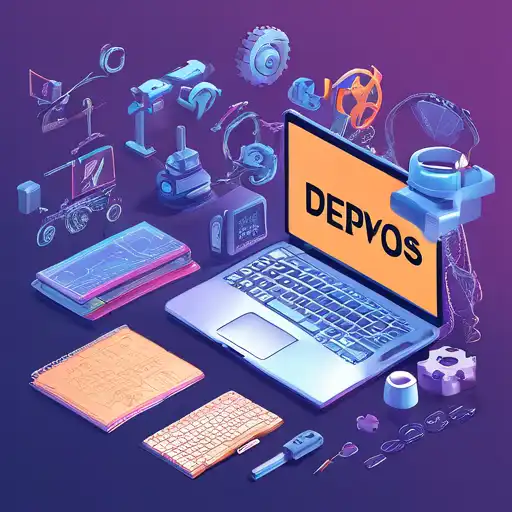Introduction to DevOps in 2023
As we step into 2023, the DevOps landscape continues to evolve, bringing forward tools that promise to streamline development and operations like never before. This guide dives into the must-know DevOps tools this year, ensuring your projects are efficient, scalable, and secure.
Continuous Integration and Continuous Deployment (CI/CD) Tools
CI/CD pipelines are the backbone of DevOps practices. Tools like Jenkins, GitLab CI/CD, and CircleCI have dominated the scene, offering unparalleled automation capabilities for testing and deployment.
Jenkins
An open-source automation server, Jenkins facilitates building, testing, and deploying code with ease. Its plugin ecosystem allows integration with virtually any tool in the DevOps chain.
GitLab CI/CD
Integrated directly into GitLab, this tool provides a seamless experience for managing repositories, pipelines, and deployments in a single application.
Infrastructure as Code (IaC) Tools
IaC tools like Terraform and Ansible enable teams to manage infrastructure through code, improving consistency and reducing manual errors.
Terraform
Terraform by HashiCorp allows you to define and provision infrastructure using a declarative configuration language. It supports multiple cloud providers, making it a versatile choice for cloud-native projects.
Ansible
Ansible simplifies configuration management, application deployment, and task automation. Its agentless architecture makes it lightweight and easy to use.
Monitoring and Logging Tools
Effective monitoring and logging are crucial for maintaining the health of applications and infrastructure. Prometheus and ELK Stack are leading tools in this category.
Prometheus
An open-source monitoring solution, Prometheus specializes in real-time metrics and alerting. It's particularly well-suited for dynamic cloud environments.
ELK Stack
The ELK Stack (Elasticsearch, Logstash, Kibana) provides powerful search and data visualization capabilities, making it easier to analyze logs and monitor system performance.
Containerization and Orchestration Tools
Containerization has revolutionized how applications are deployed and managed. Docker and Kubernetes are at the forefront of this revolution.
Docker
Docker simplifies the creation, deployment, and running of applications by using containers. Containers allow developers to package up an application with all its dependencies, ensuring it runs smoothly in any environment.
Kubernetes
Kubernetes is an open-source platform designed to automate deploying, scaling, and operating application containers. It has become the de facto standard for container orchestration.
Conclusion
The DevOps tools landscape in 2023 is rich and varied, offering solutions for every stage of the software development lifecycle. By leveraging these tools, teams can achieve greater efficiency, reliability, and speed in their projects. Whether you're just starting with DevOps or looking to update your toolkit, these tools are essential for staying competitive in the fast-paced world of software development.
